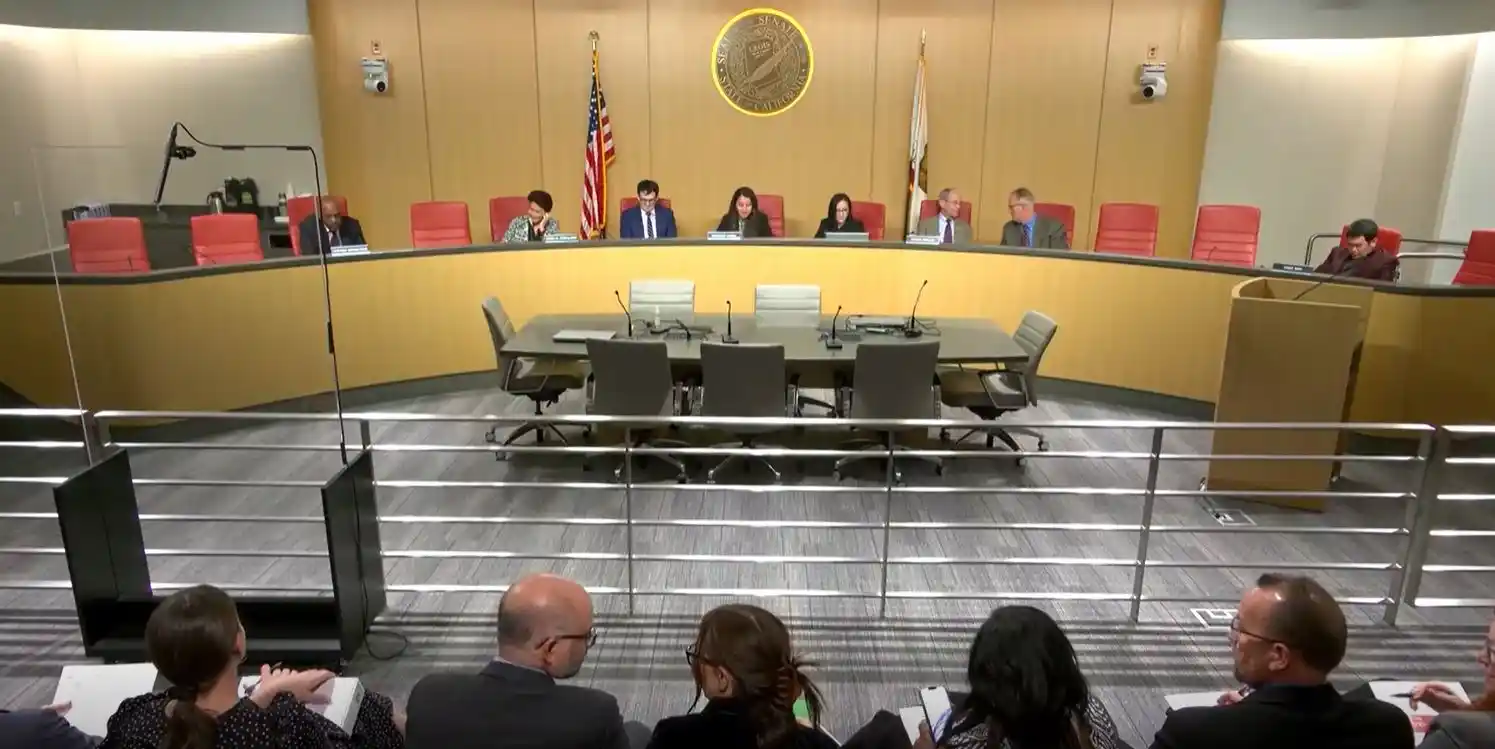The Consumer Financial Protection Bureau (CFPB) had harsh words recently for companies failing to respond to consumer complaints. Guess what kinds of companies feature prominently?
Let’s take a trip back to mid-2018. It was right about then that BitAML first advised crypto business owners to be proactive about consumer protection, particularly consumer complaints.
The advice went something like, “it can be as simple as tracking it on a spreadsheet,” and “it may not be a point of contention with regulators today, but it will be tomorrow.”
It’s officially tomorrow, and we’ll try not to say “I told you so.”
Indeed, consumer protection has come into increasing focus for regulators over the last year. We blogged about it consistently throughout 2020. Thanks in no small part to the COVID-19 pandemic and its associated levels of financial instability and insecurity, as well as a sharp increase in financial crime, particularly targeting remote transactions, state regulators have been warning cryptos, implicitly and overtly, to shape up.
Typically, consumer protection is the purview of the states, while the federal government is more concerned with large-scale financial crimes like money laundering, and other illicit activity that threatens to undermine the entire financial industry.
That’s why today’s topic is so striking. Because it’s not just the states wagging their fingers at cryptos over consumer protection. The feds are now also weighing in.
If you’ve taken consumer protection, particularly consumer complaints, seriously to date, congratulations. You’re officially ahead.
If you’re behind, you can no longer afford to stay behind. It’s time to catch up. The time to implement consumer protection protocols was yesterday.
We tend to avoid hyperbole as much as possible at the blog, but we cannot stress how important this is enough. We’ll explain what happened and why it matters in more detail below, and offer some recommendations for what you can do.
Safe to say, if you don’t have consumer protection policies and protocols in place, you really need to read this post and start putting that ball in motion.
CFPB sets its sights on companies with bad consumer complaint remediation
In a blog post published February 10, Acting Director Dave Uejio said that the CFPB’s consumer response unit will be compiling a report (derived from its public portal) of companies that have been slow to address consumer complaints.
While the regulatory tone can often be muted if strict, Director Uejio’s was more atypical, even fiery. He vowed that once the report is compiled, the “senior leadership of these [read: the biggest offenders] companies can expect to be hearing from me.”
He also suggested that the CFPB’s treatment of consumer complaints as abstract anecdotes has been ineffective, promising instead that complaints would take a more prominent role within the agency as “crucial data that drives our policymaking.”
All this is to say, the CFPB isn’t playing around.
This means more scrutiny on companies with a bad track record of complaint remediation, and more risk of investigation.
What does this mean for crypto specifically, you might ask?
Search the public complaint database for cryptocurrency and see for yourself.
Lots of results.
What this means for cryptos
Basically, this is officially happening, just like we said it eventually would. Crypto may not be the main focus of this new initiative, but in no way should you fool yourself into thinking it will somehow be spared.
As a nascent technology industry, regulatory skepticism of cryptocurrency is automatically at a higher point, and companies that have a long line of unanswered complaints will be on the receiving end of examinations, investigations, scrutiny, and potentially penalties.
Again, consumer protection is typically (if informally) the purview of states. States have been telegraphing increasing concern with consumer protection in crypto. Now, with the CFPB involved at the federal level, cryptos are going to face scrutiny from both sides.
This is huge.
What cryptos should do now
The first thing you can do is to make sure that you have a process for documenting consumer complaints and resolutions.
Again, if you’re a smaller operation, you don’t need to break the bank looking for some kind of software solution. You already have it.
Create a spreadsheet in your Google Drive. Document details about each customer complaints (name, account number, other pertinent details), the complaint itself, steps you took to remediate the complaint, and date that the complaint file was closed (assuming it’s not currently in progress).
Make sure that on your website, terms of service, and if you own hardware (like a kiosk) that there’s a phone number or email address that consumers can use to log complaints or otherwise have their questions answered. Often, complaints morph from a seemingly reasonable miscommunication which can be avoided in the first place simply by providing a prompt response.
Those simple measures alone will go a long way in an examination to demonstrate your commitment to consumer protection. But don’t stop there.
A more unimpeachable process would involve complete and accurate disclosures of fee structures, risks (including scams and financial crimes), and rights.
Regulators will need to see that you’re open and engaged with your customers and their concerns, and that your operation is designed to contribute to a fair marketplace.
Key takeaways for bitcoin compliance
Consumer protection shouldn’t be viewed as yet another checklist responsibility or another chore.
Consumer protection is good business.
If you look at it as a way to build customer trust and brand loyalty, then you’ll experience benefits to your business and reputation in other areas as well.
We’ve regularly advised our clients to add consumer protection policies and protocols that exceed regulatory expectations to their AML programs over the last 12-18 months. In fact, we’ve drafted many of those policies and disclosures ourselves.
If you’re concerned that your consumer protection habits aren’t up to snuff, particularly in light of what appears to be an increase in federal scrutiny coming in the very near future, reach out to us today. We’ll help you get your business where it needs to be.
[h/t to Banking Dive for reporting on this story]


